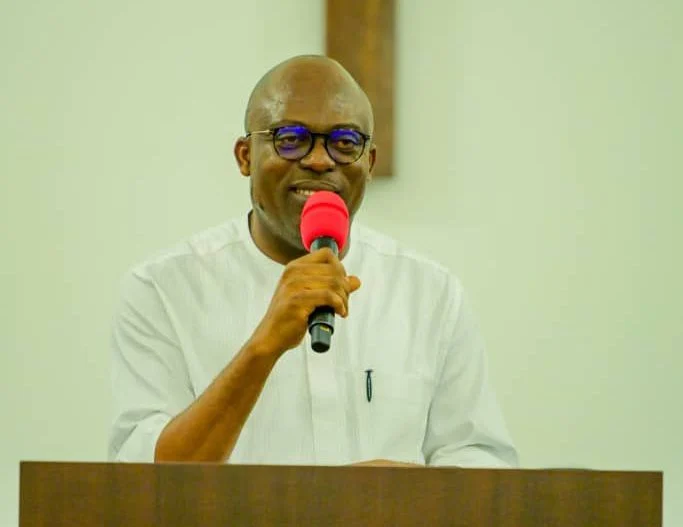Training for Healthcare Providers in Ogun State, Nigeria: Empowering Women to Take Control of Their Reproductive Health
In a significant step towards improving reproductive health outcomes in Ogun State, Nigeria, the government and the Society for Family Health (SFH) have collaborated to train healthcare providers on providing quality reproductive health services to women of childbearing age. The training, themed "Empathy Based Counselling for Self-Injection-for-Choice State Training-of-Trainers," is part of the SFH’s Delivering Innovation In Self-Care (DISC 2.0) project.
The training was held in Abeokuta, the Ogun State capital, and aims to support women’s sexual and reproductive health by promoting self-care contraceptives. According to Dr. Elijah Ogunsola, Executive Secretary of the Ogun State Primary Healthcare Board, most women lack knowledge on self-care contraceptive methods, which can lead to unintended pregnancies and a rise in maternal mortality. The training, he emphasized, is designed to empower healthcare providers to provide accurate information on different contraceptive methods and how to administer them with or without the support of a provider.
The training also focuses on the newly approved self-injectable contraceptive, Depot MedroxyProgesterone Acetate-Subcutaneous (DMPCA-SC), which is expected to improve women’s access to quality family planning services. According to Mrs. Jennifer Adebambo, Country Manager, Partnership and Collaboration for SFH, the goal of the training is to prevent unplanned pregnancies among women of reproductive age.
The 30 participants, who included healthcare providers from various local government areas, appreciated the organizers for the capacity building and pledged to cascading the training in their respective areas. With this initiative, Ogun State is taking a critical step towards improving reproductive health outcomes and empowering women to take control of their reproductive health.
This training serves as a reminder of the importance of providing access to quality reproductive health services, particularly in communities where limited resources and lack of information can further exacerbate the problem. By equipping healthcare providers with the necessary skills and knowledge, Ogun State is sending a strong message about its commitment to the well-being of its citizens.



